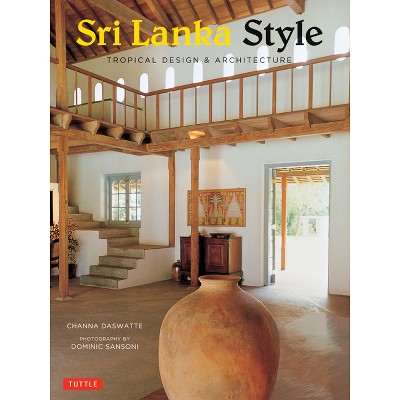About this item
Highlights
- Focused on social change in a coastal village in Sri Lanka, this book emphasizes processes over structures, based on the fundamental premise that society is defined by change rather than stasis.
- About the Author: R.L. Stirrat taught both anthropology and development studies at the University of Sussex for many years.
- 276 Pages
- Social Science, Anthropology
Description
Book Synopsis
Focused on social change in a coastal village in Sri Lanka, this book emphasizes processes over structures, based on the fundamental premise that society is defined by change rather than stasis. In the village, change emerged as a response to broader economic and political forces, yet the people were far from passive victims of these external influences. Instead, they actively engaged with shifting circumstances, seizing new opportunities as they arose. Change was generally perceived in a positive light, reflecting the community's resilience and adaptability.
Review Quotes
"This is a unique and impressive book, written in a clear and convincing style, which allows rich ethnographic/empirical data to guide discussion and analysis. I truly enjoyed reading this book which, I believe, will remain relevant for years to come." - Filippo Osella, University of Sussex
"This is an interesting and topical book written by one of the foremost experts on Sri Lanka in the western world. It is one of the very few anthropological texts on Sri Lanka that I know of which creatively blends the local and the global in the narrative while at the same time authoritatively linking the past with the present." - Sasanka Perera, Colombia Institute
About the Author
R.L. Stirrat taught both anthropology and development studies at the University of Sussex for many years. His main research interests have been in social and economic change in coastal Sri Lanka and on the history of the Catholic Church in Sri Lanka. In addition, he has acted as a consultant for various agencies including the FAO, IFAD and DFID.












